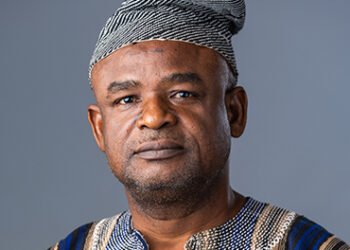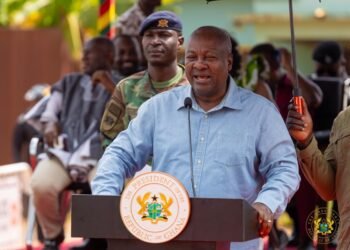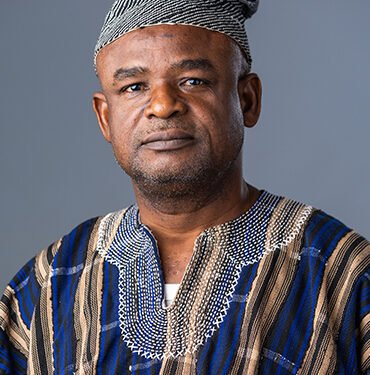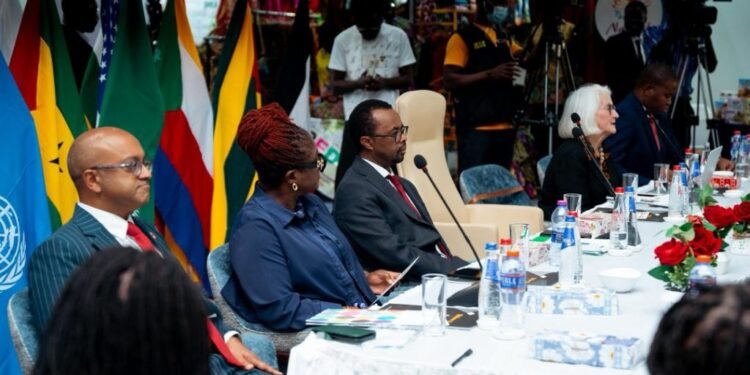Former Deputy Chief Executive Officer of the Youth Employment Agency (YEA), Bashiru Ibrahim, has urged the government to finish the Accra–Kumasi dualisation project before committing resources to the construction of a new expressway.
Mr. Ibrahim argued that Ghana risks wasting public funds if ongoing projects are abandoned in favour of fresh initiatives. He explained that the dualisation of the Accra-Kumasi highway had already reached an advanced stage under previous administrations.
“Former President Kufuor started the Accra-Kumasi dualisation project from Nsawam to Nkawkaw. Former President Akufo-Addo continued from there to Apedwa Junction. As we speak, the government of former president Akufo-Addo has achieved almost 70%. We are just left with 30% to complete”
Bashiru Ibrahim, Former Deputy CEO of YEA
According to him, the significant resources invested by successive governments and the substantial progress made should not be overlooked, especially given the fact that the work left on the dualisation project is not extensive. He further noted that eight bypasses were also planned at a total cost of about GHS 8.2 billion.

Mr. Ibrahim maintained that the prudent path for the administration of President John Dramani Mahama is to concentrate on completing the remaining work rather than starting afresh. He insisted that finishing the project would save public resources and deliver immediate benefits to commuters who rely daily on the Accra-Kumasi road.
He explained that such a move would not eliminate the possibility of future expansions but would definitely avoid wasteful spending and frustration to commuters. According to him, investing over GHS 1.2 billion in a project and executing it up to 30%, only to shift to a new plan, is questionable.
He cautioned that embarking on a whole new expressway under such circumstances may not reflect value for money.
Expressway Feasibility Questioned
The former YEA CEO also cast doubt on the feasibility of the proposed six- or seven-lane Accra–Kumasi expressway. The project, promised by the current government, aims to create a completely new highway between the two major commercial hubs of the country.
While the Minister for Roads and Highways, Hon. Governs Kwame Agbodza, has insisted the expressway is necessary, Mr. Ibrahim highlighted concerns about the lack of clarity in both design and financing.
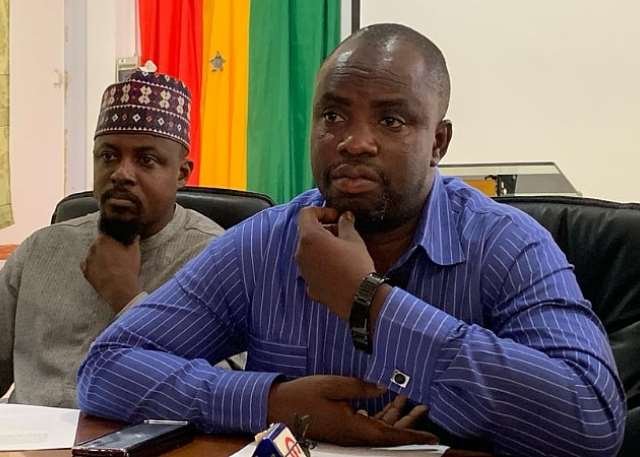
“When it comes to the Accra–Kumasi highway, with its issues of accidents and the number of people who have perished on that road, it has become a major concern. So, if there is a need for a six or seven-lane road, we will all welcome it. But the point is it is not feasible”
Bashiru Ibrahim, Former Deputy CEO of YEA
Mr. Ibrahim criticised the government’s reliance on broad promises under its “Big Push” agenda without providing clear funding arrangements. He argued that without concrete allocations or timelines, the proposed expressway risks becoming a political slogan rather than a deliverable project.
“When you look at the government’s budget, they will refer to the Big Push. But how much has been allocated to that agenda this year?” he asked, further noting that the government has already spent about seven months in office with little evidence of a practical roadmap for the expressway.
“Nobody has seen the design of the express road, and nobody has told anybody the source of funding. So, it is not just about saying it but putting in the necessary mechanisms to implement it”
Bashiru Ibrahim, Former Deputy CEO of YEA

Mr. Ibrahim therefore urged the administration to publish realistic plans, including budgetary provisions, design details, and timelines. He argued that only such transparency would assure the public that the expressway is more than a campaign pledge.
By insisting on the completion of the ongoing dualisation project and demanding clarity on the proposed expressway, Mr. Ibrahim positioned himself among those calling for a more accountable approach to infrastructure development.
He underscored that projects of such magnitude require both fiscal discipline and strategic planning, especially when public safety and national resources are at stake.
READ ALSO: Chamber of Mines Calls for Inclusive Approach in Review of Mining Law




